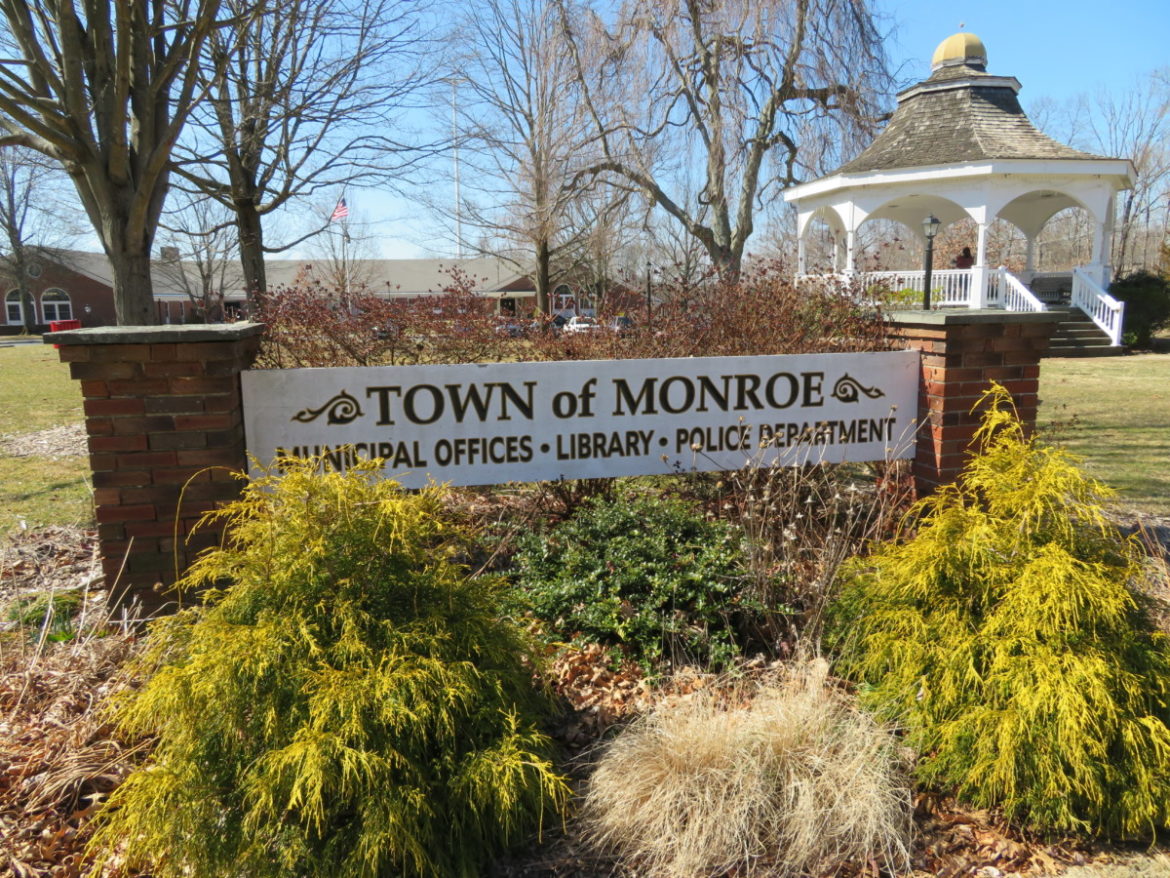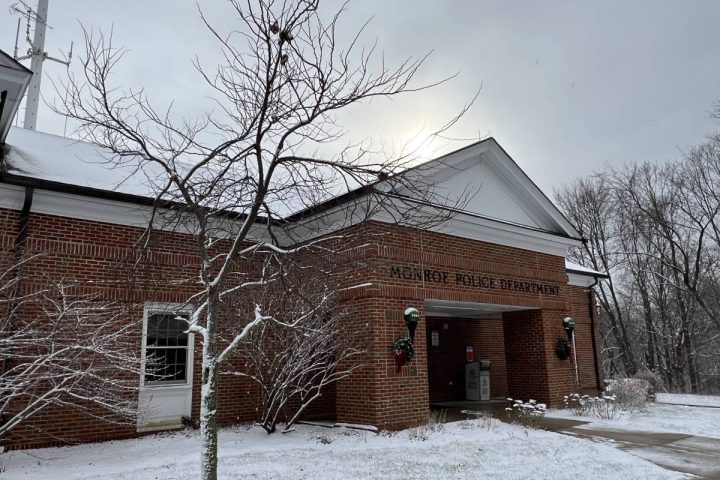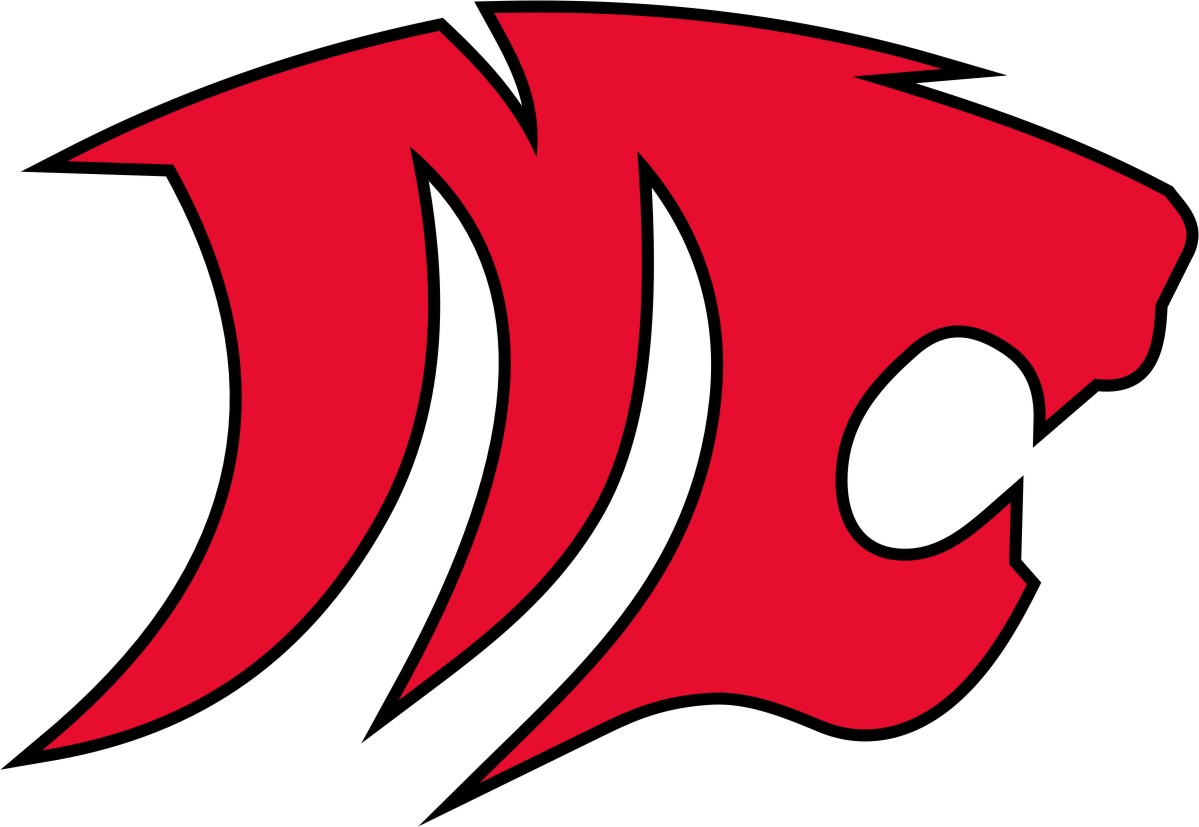MONROE, CT — Residents will vote on a $93 million town budget proposal with a 2.48 tax rate increase when they go to the polls for the referendum on Tuesday, May 4.
An executive order from Gov. Ned Lamont has also provided more flexibility to vote by absentee, according to First Selectman Ken Kellogg, who said Town Clerk Vida Stone will share that information more details are available.
The Board of Finance unanimously approved the final draft of the budget during a workshop Thursday night.
“We would have preferred less spending, but we deferred a lot of spending from the Board of Education last year and we had to make up the salary increases as well, so there weren’t a lot to options,” Chairman Michael Manjos said. “But by making revenue adjustments and using the fund balance, we were able to have a mill rate increase that I’m comfortable with.”
The Board of Finance used $3,097,000 of the fund balance to offset the tax increase.
The projected mill rate is 36.36. Individual tax bills can be calculated by multiplying one’s assessed property value by the mill rate and then dividing by 1,000.
If the town did not have growth in the grand list, find savings and sources of funding, Kellogg said the tax rate increase could have easily been over 9 percent.
“Early on in this process, we were looking at an increase, I think, we would all find completely unacceptable,” he said, “so we did a lot of work in terms of reigning in costs. We worked really hard to get down to what we hope will be acceptable to voters, at just under 2.5 percent. I realize it’s still an increase, but if you look over the last four years, we haven’t had any significant increases.”
The town’s mill rate was reduced by 1.45 percent in 2019, increased by 0.96 percent in 2020, and was cut by 0.28 in the current budget, which the Board of Finance approved at the height of the COVID-19 pandemic. Now, a 2.48 percent hike is proposed.
Kellogg said that equates to an average annual tax rate increase of 0.43 percent over the four years.
“By far, the largest driver of this is our education system,” he said. “We pride ourselves on having a great education system.”
The revised $93,049,287 budget proposal for fiscal year 2021-22 includes $61,521,068 for Monroe’s public schools, which Kellogg said accounts for 66 percent of total spending and over 80 percent of the increase.
Education remains whole
After the Board of Education approved a 5.85 percent increase, Kellogg had proposed a 5.62 percent spending increase for the $58.5 million education budget, after working with Superintendent of Schools Joseph Kobza and Ronald Bunovsky Jr., who serves as finance director for the school district and the town, to find $132,000 in savings.
Due to lower than expected medical insurance rates in the state plan, both municipal and school district employees are enrolled in, the Board of Finance managed to reduce the Board of Education budget by $173,000 and the municipal budget by $70,000.
The board also made a budget transfer to pay a court settlement the town lost over magnate school tuition, so it will be paid out of the general fund rather than the district’s operating budget. The proposed spending increase for next year’s budget is now 5.16 percent.
Steve Kirsch, a finance board member, made a motion to put the savings back into the Board of Education’s budget to return it to the school board’s original request, because the board already identified an additional $42,000 in special education costs and because there are programs educators want to bring back.
“I think they’re already at a 5.16 percent increase, which is gonna to be a tough swallow for a lot of townspeople,” Manjos said, adding the superintendent said he was comfortable with the current numbers, and noting how the Board of Finance has earmarked $500,000 of the general fund to be used for any cost overruns in special education.
“I’m adamantly opposed,” Manjos said of putting money back for education.
The rest of the board agreed.
Municipal spending
The $31,528,219 worth of municipal spending in the town budget proposal marks an increase of 2.36 percent over the current budget. The Board of Finance also approved an $11,541,064 five-year-capital plan.
On the municipal side, Kirsch suggested transferring $7,500 from a line item for a bucket truck to the tree trimming budget, which he said has stood at $59,000 for a number of years.
Kirsch recalled a discussion from 2019 about adding money to the account, because ash trees keep dying due to damage from the emerald ash borer. In fact, he said one tree that died three feet from his home was removed by the town. If it fell, Kirsch said it could have hit his property.
Manjos said the first selectman is hands on and public works made no request for more funding, adding the town has a contingency if a tree falls down. Bunovsky said Public Works Director Chris Nowacki could also use road money in an emergency.
Kirsch also suggested discussing the road plan going forward, in light of a significant amount of money being used for drainage work, rather than new miles of asphalt.
“That one I completely agree with you on,” Manjos said. “In the summer we should do updated plans.”
Though the town budget proposal is ready for the May 4 referendum, Kellogg said town officials will continue to do all they can to apply for financial relief for any costs related to the pandemic.






